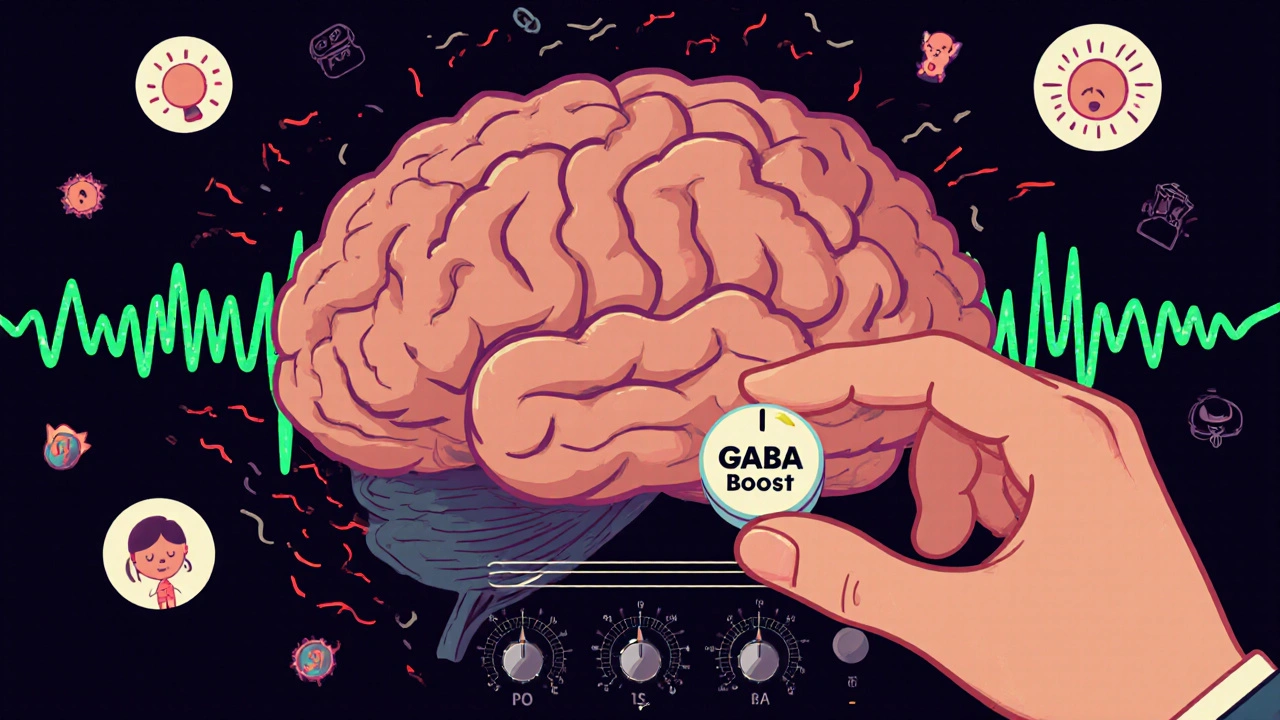Benzodiazepine Risks: What You Need to Know About Dependence, Withdrawal, and Safer Use
When doctors prescribe benzodiazepines, a class of central nervous system depressants used for anxiety, insomnia, and seizures. Also known as benzos, they work fast and often feel like a quick fix—but they’re not meant for long-term use. Many people start taking them for a bad week of stress or trouble sleeping, only to find they can’t stop without feeling worse. That’s not weakness. That’s biology.
The biggest benzodiazepine risks, the chance of physical dependence and severe withdrawal symptoms. Also known as benzo withdrawal syndrome, it can include seizures, hallucinations, and rebound anxiety that’s worse than what you started with. Studies show that even after just 3–4 weeks of daily use, your brain starts adapting. You don’t need a high dose or years of use to get hooked. A prescription for a month can be enough. And when you try to quit cold turkey, your nervous system goes into overdrive because it’s forgotten how to function without the drug.
It’s not just about stopping. It’s about what happens after. Long-term benzodiazepine use, linked to memory problems, slower reaction times, and higher fall risk in older adults. Also known as cognitive impairment from benzos, these effects can stick around even after you stop taking them. Older adults are especially vulnerable—some studies show a 50% higher risk of dementia in people who used benzos for over three months. And yet, many prescriptions keep getting renewed year after year, with little discussion about alternatives.
What’s often missing is a plan to get off. Doctors rarely warn you that tapering slowly matters. Cutting your dose by 10% every few weeks, under supervision, can make the difference between a rough few weeks and a medical emergency. Some people switch to longer-acting benzos like diazepam to make the process smoother. Others use therapy, sleep hygiene, or non-addictive meds like SSRIs for anxiety. There are options—but you have to ask for them.
You’re not alone if you’re worried about your benzo use. Millions are in the same boat. The posts below break down real stories, science-backed tapering guides, signs you’re dependent, and safer alternatives that actually work. No fluff. No fearmongering. Just what you need to know to protect your health—whether you’re thinking about quitting, already trying, or just want to understand the risks before starting.

Benzodiazepines: What They Do, How They Help, and Why They Can Be Dangerous
Benzodiazepines offer fast relief for anxiety and insomnia but carry high risks of dependence and withdrawal. Learn how they work, who's most at risk, and safer alternatives for long-term mental health.





